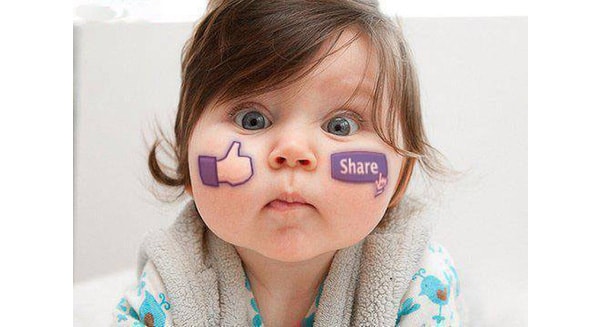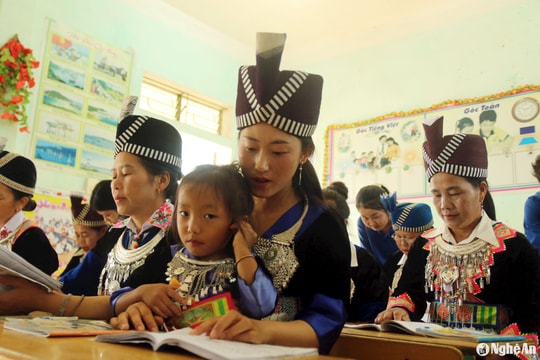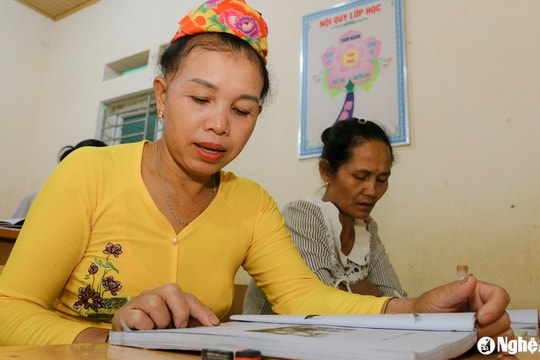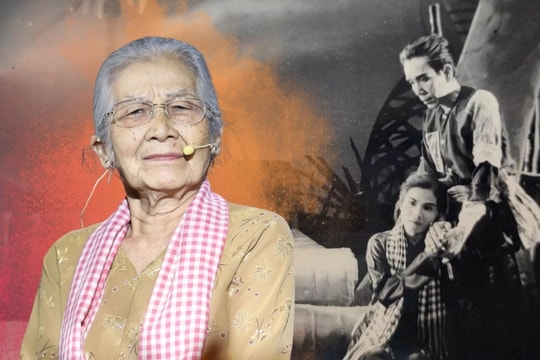Could you go to court for posting pictures of your child on Facebook?
The 2016 Law on Children, recently passed by the 13th National Assembly, has many noteworthy points such as not infringing on privacy, personal secrets and family secrets...
The Law on Children 2016 was passed by the 13th National Assembly, 11th session, effective from June 1, 2017. The Law consists of 7 chapters with 106 articles, with some outstanding new points as follows:
Regarding the Right to Privacy, the Law stipulates: Children have the inviolable right to privacy, personal secrets and family secrets for the best interests of children.
 |
| Illustration - Source: Internet |
Regarding the responsibility to protect children in the online environment, the Law stipulates:
+ Relevant agencies and organizations are responsible for promoting, educating and protecting children when they participate in the online environment in any form. Parents, teachers and caregivers are responsible for educating children and providing them with skills to protect themselves when participating in the online environment.
+ Agencies, organizations and individuals that manage and provide information and communication products and services and organize activities in the online environment must take measures to ensure the safety and privacy of children according to the provisions of law.
In fact, nowadays, many parents still regularly post pictures of their children on Facebook for various purposes without asking or considering whether their children agree with this or not.
Some people believe that parents posting photos of their children on Facebook will be a violation of the law if the 2016 Children's Law is applied when it takes effect on June 1, 2017.
Speaking with Vietnamnet, Mr. Dang Hoa Nam, Director of the Department of Child Protection and Care, Ministry of Labor, War Invalids and Social Affairs, affirmed: If you post pictures of children on Facebook without their consent, it will be illegal.
However, according to Mr. Nam, not all acts of posting images of one's children on personal information pages or social networking sites are violations of the law.
"We have to talk about the fact that if these acts violate legal provisions such as the Civil Code, the Children's Law on children's privacy rights, and the individual's rights to their image, they will be handled according to the law," Mr. Nam affirmed.
According to Mr. Nam, in the legal regulations on complaints and denunciations, it is not specifically stated that children have the right to sue and complain if such acts harm them.
However, in this Law, there is a mechanism for children to express their opinions, wishes, and send information that they think is disadvantageous to them.
There are two measures: First, children can provide information about behaviors that are detrimental to them, including those of their parents, to an organization prescribed by law, which is the Central Committee of the Ho Chi Minh Communist Youth Union.
Second, you can call the National Hotline for Children 18001567. This is a hotline for consultation and support for children operated by the Department of Child Protection and Care under the Ministry of Labor, War Invalids and Social Affairs.
The Department of Child Protection will take measures to connect with relevant agencies and support children in resolving problems. If it is determined that these are acts that pose a risk of violating administrative or criminal laws, the Department will coordinate with relevant agencies and local authorities to best protect children and bring those who harm them to justice.
In fact, parents posting pictures of their children on Facebook has been included in the Law in many countries.
Take France, for example. Parents in France could face fines of up to £35,000 and even a year in prison for simply posting pictures of their children on social media.
Lawyers and police in France are warning parents that their adult children could sue them for compromising their privacy by posting pictures of them as children on Facebook or elsewhere on the internet.
In addition to the risk of being abused by sex offenders, the embarrassment and shame that the photos can cause children later on is also a valid reason for them to take their parents to court...
According to Tri Thuc Tre








